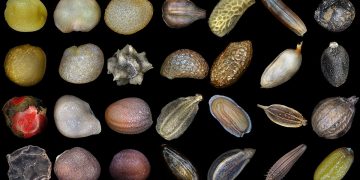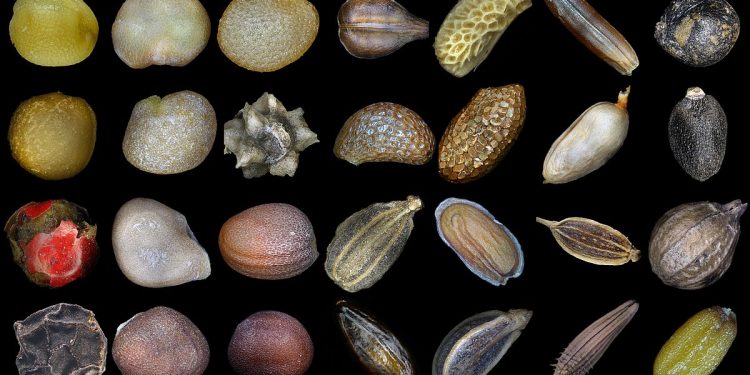#PlantVarieties #EuropeanPatents #Biodiversity #FoodSecurity #PlantBreeding #TraditionalBreeders #EuropeanPatentOffice #PatentLaw #Innovation #AgriculturalSustainability #NoPatentsOnSeeds
Recent research conducted by No Patents on Seeds! reveals that more than one thousand conventionally-bred plant varieties have fallen under the influence of European patents, despite European patent law explicitly prohibiting patents on plant varieties. This alarming development has largely gone unnoticed by the public, posing a severe crisis for the European plant breeding system and endangering the freedom of operation for traditional breeders. The consequences of this trend could have significant implications for biodiversity and food security. No Patents on Seeds! calls for immediate political action to address this issue and prevent big companies from monopolizing plant genetic resources.
According to No Patents on Seeds!, the number of newly introduced plant varieties entering the market and being covered by patents is on the rise. Many of these conventionally-bred varieties are even subject to claims in multiple patents, indicating a growing trend of patenting plant genetic resources. This situation raises concerns about the accessibility and availability of plant breeding materials for traditional breeders, potentially limiting their ability to innovate and adapt to changing agricultural needs.
The European Patent Office (EPO), established fifty years ago, is facing criticism for its decisions that contradict the legal basis set by the European Patent Convention (EPC), which explicitly prohibits patents on conventionally-bred varieties. While the EU directive (98/44) allows patents on technical inventions like transgenic plants, the EPO’s interpretation of patent law has led to the unintended consequence of patenting conventionally-bred varieties. No Patents on Seeds! urges the EPO to rectify this issue and align its actions with European patent laws to protect plant breeders’ freedom to operate.
The consequences of this alarming trend are far-reaching. Traditional plant breeders, who have been the custodians of plant genetic diversity for generations, are now confronted with the possible end of their freedom to operate. If patents continue to be granted on conventionally-bred plant varieties, it could hinder innovation and impede the development of new varieties adapted to diverse growing conditions and changing environmental challenges. This, in turn, could have severe implications for future food security and agricultural sustainability.
No Patents on Seeds! emphasizes the need for the Administrative Council of the EPO, composed of representatives from 39 contracting states, to take decisive action in addressing this crisis. The correct interpretation of the law, as outlined in the European Patent Convention, must be applied to prevent the blocking of innovation in traditional plant breeding and to safeguard future food security. The organization cites the recent adoption of a national patent law in Austria, explicitly prohibiting patents on conventional breeding, as a positive step that could serve as a model for other countries to follow.
Additionally, No Patents on Seeds! calls for the EU to actively engage in addressing this issue. The Dutch parliament’s resolution to table the discussion of patents on seeds at the Council of EU Ministers for Agriculture highlights the need for collective action at the EU level to protect plant genetic resources and preserve the integrity of the European plant breeding system.































